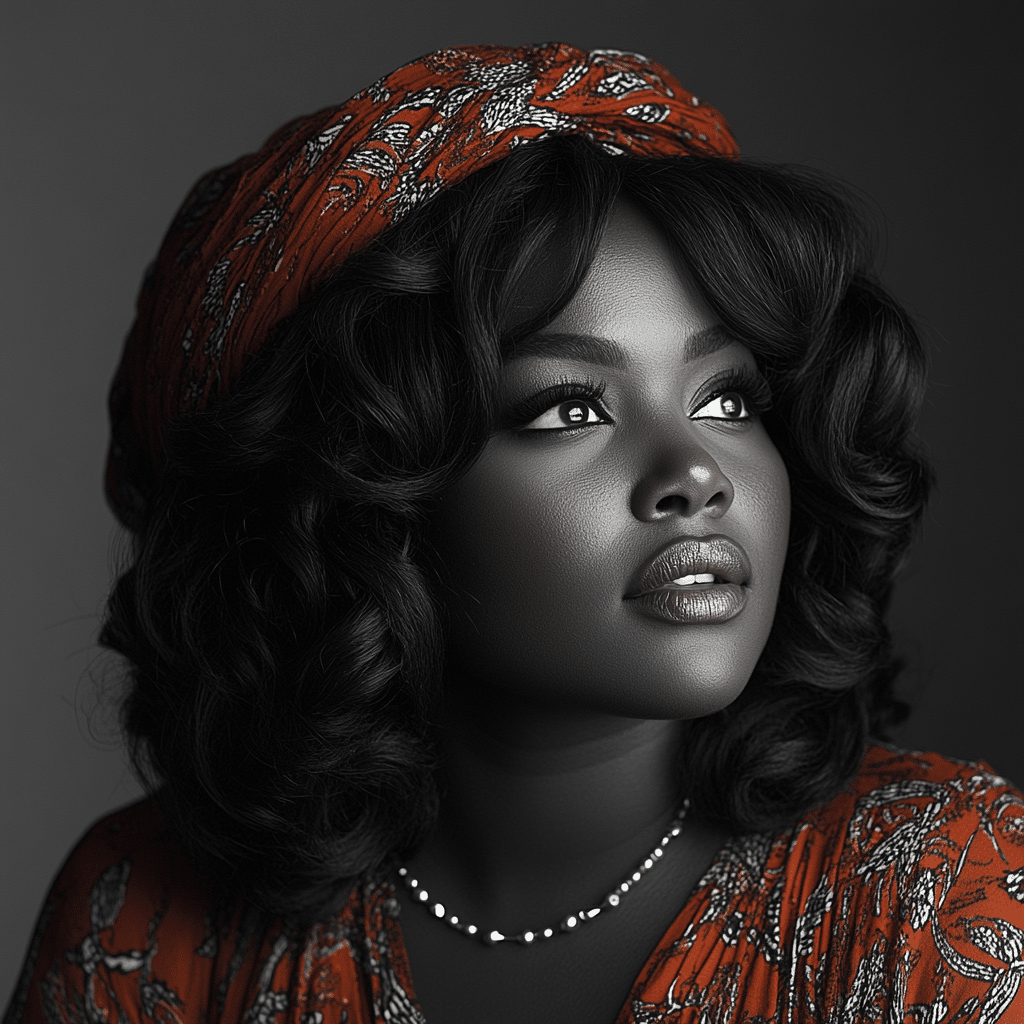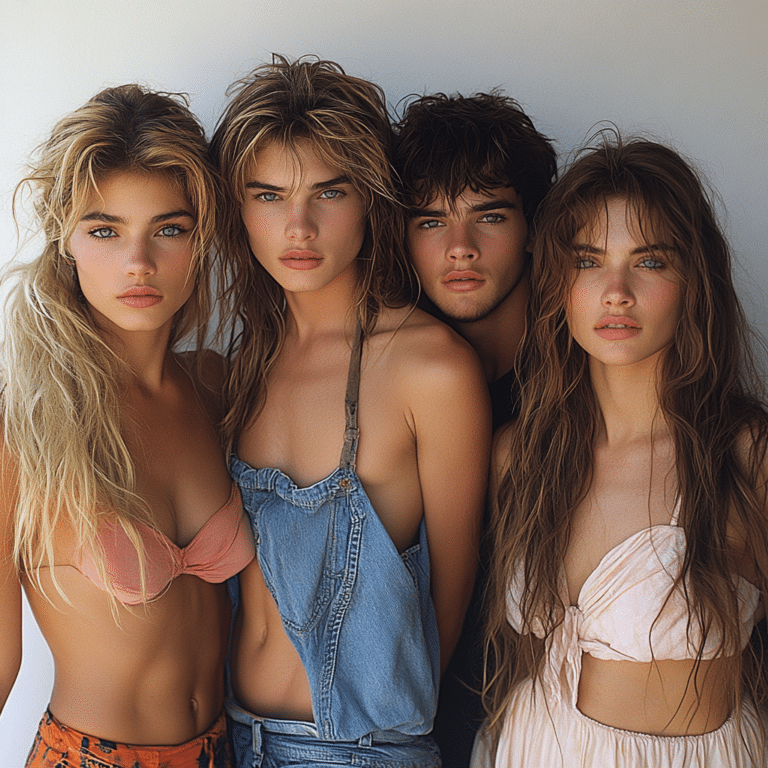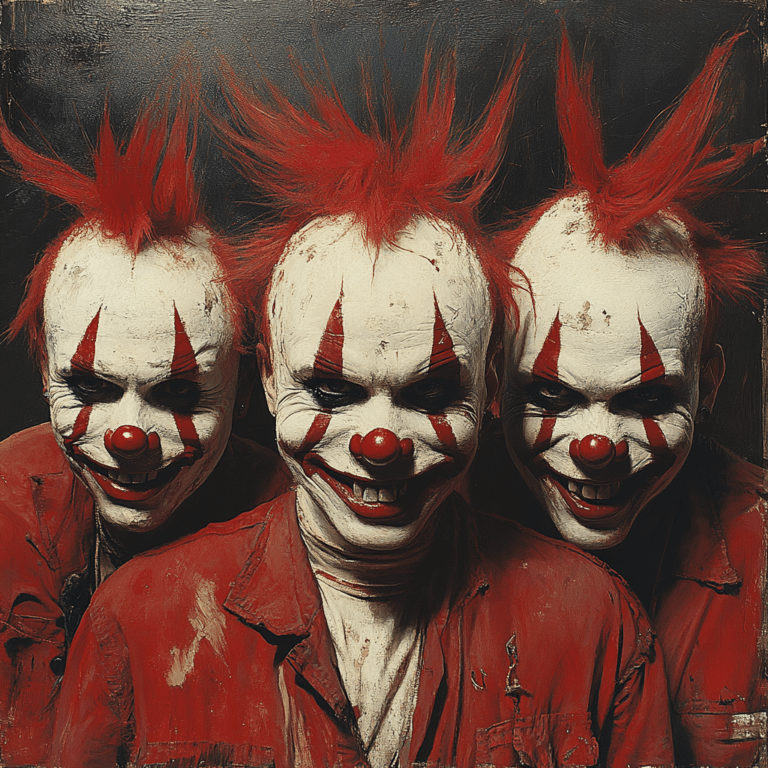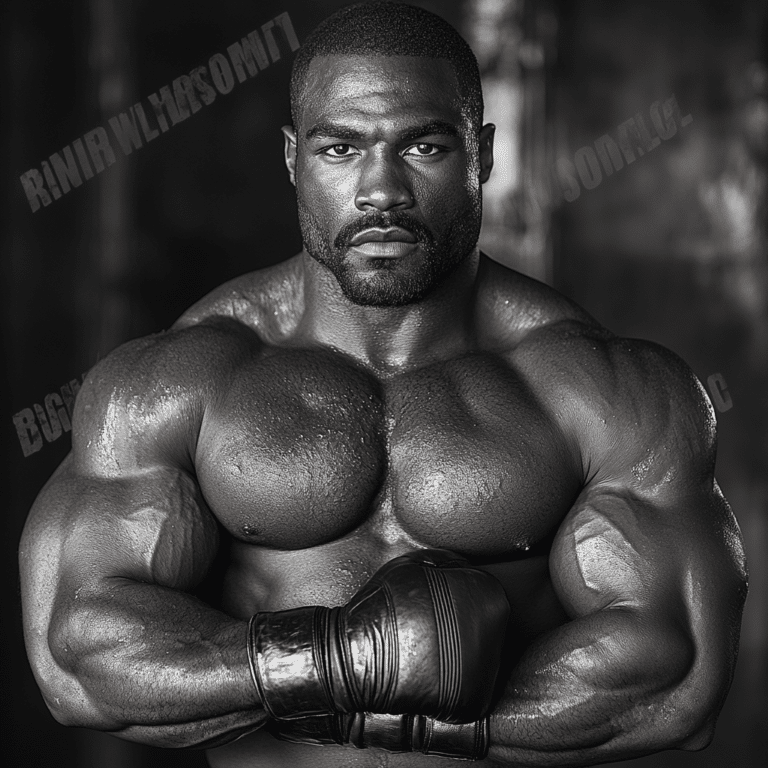Meek Mill’s journey is like a gripping saga from the streets of Philadelphia to the glitzy stages of hip-hop. “I used to pray for times like this,” he famously noted, capturing the essence of not just his life but also the aspirations of many who’ve faced adversity. His story is a tapestry woven with threads of struggle, resilience, and transformation, inspiring fans worldwide. As we dive deeper into the landmarks of his life and career, let’s take a look at how this underdog turned into a beacon of hope for so many.

Top 7 Milestones in Meek Mill’s Life: From Struggle to Success

1. Early Life Influences: The Seeds of Ambition
Meek Mill was born Robert Rihmeek Williams in 1987, right in the heart of North Philadelphia. Growing up in tough neighborhoods, it wasn’t all rainbows and butterflies for him. Yet, amidst the hardship, figures like his mother and grandmother were instrumental in shaping his dreams. They instilled ambition in him, believing that greatness was possible despite the challenges.
This tough upbringing laid the groundwork for his fierce desire to give voice to the voiceless, unveiling a world where dreams could turn to reality. Every lyric he writes often pays homage to those days, reminding us that hope can grow even from the most barren soil.
2. Breakthrough with “Dreams and Nightmares”
In 2012, Meek unleashed “Dreams and Nightmares,” and man, did it take the world by storm! The album debuted at number 2 on the US Billboard 200. With powerful tracks like “Amen” and “House Party,” he showed off not just his skills but his ability to fuse personal struggle with hope. The iconic intro—“I used to pray for times like this, to rhyme like this”—is a punch-in-the-gut reminder that greatness often comes from persistence and struggle.
Critics raved about his ability to weave a narrative that many can relate to. One moment, he’s painting a picture of relentless ambition, and the next, he’s wrapping things up with sheer grit, making listeners feel every beat and every word.
3. Legal Troubles: A Test of Resilience
Things weren’t always easy for Meek even after his rise to fame. He faced legal troubles that stemmed from a conviction back in 2008 for charges related to drugs and guns. These challenges were heavy—a true test of his strength, and they highlighted some significant issues within the judicial system.
Instead of letting those dark clouds consume him, Meek used these setbacks as fuel. His story emphasized how personal struggles don’t have to define who you are. With every setback, he emerged stronger, ready to tackle whatever came his way.
4. Advocacy for Criminal Justice Reform
Once he got out of prison in 2018, Meek didn’t just want to be famous—he wanted to make a difference! He quickly became a vocal advocate for criminal justice reform, realizing that many like him were still trapped in a flawed system. He co-founded the REFORM Alliance with fellow artist Jay-Z, aiming to change the landscape of justice for millions across the country.
This transition from a troubled past to a reform advocate perfectly encapsulates “I used to pray for times like this.” What began as a personal struggle transformed into a mission for justice, proving that no battle is too great if fought for the right reasons.
5. Evolution of Sound: Musical Collaborations
Meek Mill’s journey in music isn’t just about his solo talent; it’s also about who he’s teamed up with along the way. Collaborating with giants like Drake, Nicki Minaj, and Jay-Z has enriched his sound. Each partnership has added layers to his artistry, pushing him beyond his limits.
His collaboration with Jay-Z on “What’s Free” stands out, showcasing a profound lyrical depth that resonates with listeners. The blending of their styles only amplified Meek’s message—his journey is a reflection of both struggle and triumph.
6. Cultural Impact and Diaspora
But it’s not just music for Meek Mill! His influence seeps into fashion, culture, and even social media. He’s ventured into athletic wear, merging his flamboyant personal brand with fashion that speaks to the youth. It’s all about authenticity, after all!
And let’s talk social media. Meek’s lively presence on platforms like Instagram lets fans peek into his life 24/7. He shares not just his successes but also day-to-day realness, making him relatable to millions. This accessibility helps bridge the gap between celebrity and everyday person.
7. Current Ventures and Future Legacy
As we step into 2024, Meek continues to expand beyond music. He’s diving into philanthropy and even film production! His projects are set to resonate with his past, rich with stories that need telling.
Each new venture reinforces the idea that recapturing moments once longed for can become a vibrant reality. It’s a beautiful reminder that “I used to pray for times like this” doesn’t just define his past—it actively shapes his future.

The Continuing Journey: A Testament to Hope and Resilience
When we look closely at Meek Mill’s life, it’s not just a story of fame and fortune; it’s a living testament to perseverance. “I used to pray for times like this” intertwines with his journey, serving as an anthem for anyone striving against the odds.
Meek’s path illustrates that even from the depths of despair, one can rise up, inspire change, and fight for what is right. As he forges ahead, it’s clear that his narrative is far from over. It’s a journey of hope that reminds us all that tomorrow always holds the potential for something greater, and we should never stop dreaming.
Whether he’s collaborating on new music, pushing for justice reform, or simply sharing his life with his fans, Meek Mill’s legacy continues to unfold—reminding us to never stop praying, dreaming, or fighting for our times. So, let’s keep an eye on this unforgettable journey—there’s bound to be more amazing moments ahead!

The Story Behind ‘I Used to Pray for Times Like This’
The Journey Begins
When Meek Mill dropped “I Used to Pray for Times Like This,” it became an anthem of resilience and ambition. His rise from a challenging upbringing to stardom isn’t just a personal triumph; it resonates with anyone striving for their dreams. Interestingly, this track was inspired by his own life experiences, with themes of perseverance that can be found in stories across genres, including artists like Stevie Nicks at Atlantic city , Nj who also faced hurdles before hitting the big time.
One fun fact is that Meek uses this song as a motivating force—reminding him of his early struggles while pushing through the industry. It’s a bit like watching the Sundance TV schedule unfold; both highlight the importance of storytelling and the value of persistence. Just as each film at the festival offers a glimpse into unique narratives, Meek’s lyrics open a window into his reality.
Cultural Impact and Relevance
Beyond music, “I Used to Pray for Times Like This” has made waves culturally. The track found its way into various discussions, from good Investments For 2024 to societal perspectives on success. This makes sense, considering that artists often serve as role models, motivating their audiences to strive for their goals. Meek’s journey teaches us that success isn’t just about the end result—it’s about the hustle.
Moreover, the song touches on themes that resonate in unexpected places. Just as stories of resilience emerge in narratives like Hélène Merciers( inspiring tale, Meek’s music echoes the notion that everyone has faced challenging times. It’s a shared experience that keeps listeners plugged into what matters—finding strength in struggle and celebrating triumph, regardless of where you come from.
Lasting Legacy
Ultimately, “I Used to Pray for Times Like This” isn’t just a song; it’s an embodiment of hopes and dreams that many people, especially in urban communities, can relate to. When you think of the tough battles that people fight, from tales of survival like the recent Walmart beating to the journeys of artists attempting to break into the scene a la Houston To Dallas, it becomes clear that Meek’s message is universal.
In a world where everyone is aiming high, his track urges listeners to stay true to their paths. It’s a reminder that, much like the inspiring narrative behind I Want To Be Ninja and the diverse journeys of personalities like Marjorie Lord, we all have our unique stories to tell. And while the odds may seem against us sometimes, dreaming big is what makes the journey worthwhile. So, as Meek says, always pray for those times; they’re just around the corner.

Why are dreams and nightmares so popular?
“Dreams and Nightmares” is popular because it showcases Meek Mill’s remarkable rapping skills, particularly his storytelling ability. Critics have praised the album for its distinct two-part structure, which adds depth and variety to the listening experience.
What was Meek Mill’s first album?
Meek Mill’s first album is “Dreams and Nightmares,” which he released in October 2012. The album debuted at number two on the Billboard 200 chart, marking a significant milestone in his music career.
What is Meek Mills doing now?
These days, Meek Mill is focused on advocacy work, particularly around criminal justice reform, following his release from state custody in 2018. He co-founded the Reform Alliance with Jay-Z, pushing for changes in the justice system.
Why do nightmares feel so realistic?
Nightmares can feel so realistic because they often tap into our fears, worries, or stressful experiences. The brain can create vivid scenarios during sleep, making it tough to tell them apart from reality when we wake up.
How common are scary dreams?
Scary dreams are fairly common, and a lot of people experience them from time to time. It’s estimated that a good portion of the population has had at least one type of nightmare during their life.
Why did Meek Mill change his name?
Meek Mill changed his stage name because he wanted something that resonated more with his persona and experience in the music industry. He felt “Meek” reflected his background while also representing resilience.
Has Meek Mill ever gone number one?
While Meek Mill has had many successful songs, he hasn’t hit number one on the Billboard Hot 100. He’s reached the top 10, but never quite made it to the top spot.
Do Meek Mill have a Grammy?
Meek Mill has been nominated for a Grammy but hasn’t won one yet. His music and contributions to the industry have been recognized, but the Grammy has eluded him so far.
Did Meek Mill apologize?
Yes, Meek Mill did apologize publicly for some of his actions, particularly in relation to his legal issues and how they affected others. He’s acknowledged his past mistakes and expressed regret.
Is Meek Mill still with Jay Z?
Meek Mill is still working closely with Jay-Z through their joint efforts in criminal justice reform. Their partnership in the Reform Alliance shows they remain aligned in their missions.
Who did Meek Mill have a child with?
Meek Mill has a son named Papi, whom he shares with his ex-girlfriend, Fahimah Rainey. They’re co-parenting and Meek often shows love for his son through social media.






















